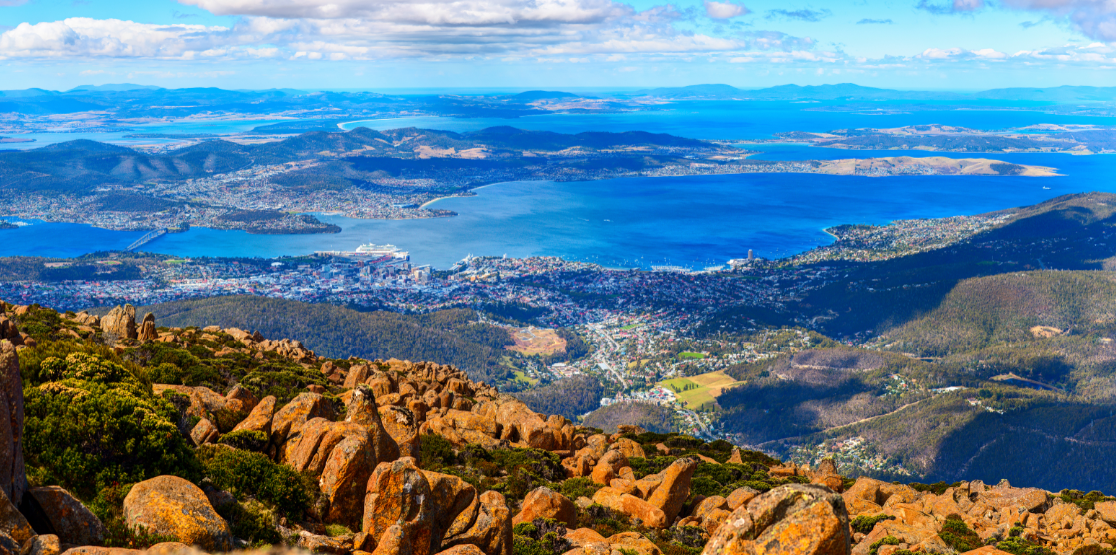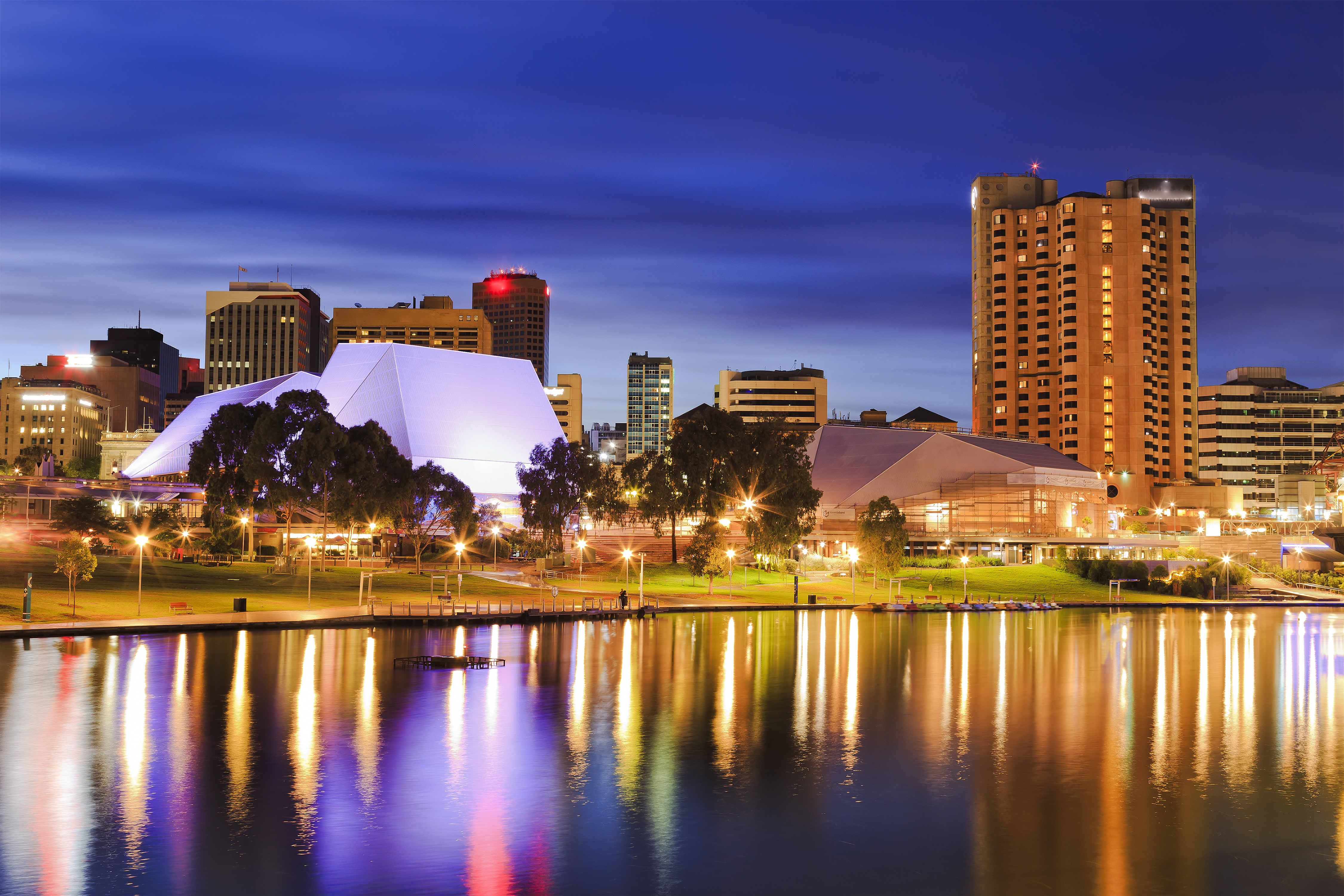House of Representatives
Tasmania is often considered an important state in federal election contest, with a large proportion of seats being marginal.
With five House of Representative seats, Tasmania has the lowest representation in the lower house of the states (not including the two territories).
Currently, all but one seat in Tasmania are held by the Labor Party, with the seat of Denison (to be renamed Clark at the 2019 election) held by independent member, Mr Andrew Wilkie MP.
Of the four seats held by Labor, two of the seats are held on margins of less the 3% (Braddon and Lyons) and are targets for the Liberal Party at this year’s election. Concerning for Labor will be the fact that Nationals candidates will be running in some Tasmanian seats, which may affect their vote share in key seats and the probable preferences to the Liberal Party from the Nationals.
In Braddon, Ms Justine Keay MP, who retained the seat at a by-election as part of the ‘Super Saturday by-elections’ in July 2018, will be facing a serious challenge by Mr Gavin Pearce of the Liberal Party, who is a decorated serviceman and active member of the community. Meanwhile, The Nationals will be running Ms Sally Milbourne in Braddon, with the hope of attracting a significant portion of the vote which would likely flow to Mr Pearce.
In Lyons, Mr Brian Mitchell MP, who won the seat against expectations at the 2016 Federal Election, will be contesting the seat against Ms Jessica Whelan, a former aged care worker and small business owner. Again, the Nationals will also be contesting Lyons with Ms Deanna Hutchinson running, which may give the Liberal candidate a chance to reclaim the seat that was lost to Labor at the 2016 election.
Our pick: this early in the campaign, we think it is too close to call. There is a history of turfing out sitting members in Tasmania, so there is a strong chance the Liberal Party could pick up some seats in Tasmania thanks to the support of the Nationals.
Senate
The people of Tasmania vote for six senators at a half-Senate election. These elected senators will serve a six year term.
Given the small population in Tasmania, the number of votes required to be elected is much smaller than in other states. This has led to the election of some candidates that would most likely not be elected in another state, where the required threshold of election is much higher.
At the 2016 Federal Election the elected Senators consisted of five Labor senators, four Liberal senators, two Greens senators and a Jacqui Lambie Network Senator. If a first preference result identical to the 2016 election was to be repeated at the 2019 election, there would be two Labor senators, two Liberal senators, one Greens senator and possibly the re-election of Ms Jacqui Lambie.
At the 2019 election, the following senators will be contesting re-election: Senator Carol Brown (ALP), Senator the Hon Richard Colbeck (LP), Senator Steve Martin (NATS), Senator the Hon Lisa Singh (ALP), Senator Catrina Bilyk (ALP) and Senator Nick McKim (AG).
As with many states, there has been great change in the landscape of the Tasmanian Senate. A number of Senate departures have caused the order in which Senators were elected to be altered and hence changed the field.
Will Ms Lambie make her return?
Former senator, Ms Jacqui Lambie, was forced to resign from the Senate as she was found to hold a dual citizenship at the time of her election in 2016. She has since rectified the situation and has announced her intention to recontest the 2019 election.
Her replacement, Senator Steve Martin, who ran as the second candidate on the Jacqui Lambie Network ticket, has since left the party as he did not wish to resign from his position to allow for the return of Ms Lambie. Senator Martin has since joined the Nationals and will be facing re-election this year.
As Senator Martin will be running on a separate Nationals Senate ticket, it will be interesting to see the impact this will have on the Liberal vote and whether excess Liberal preferences will flow towards Senator Martin.
With the Greens, Jacqui Lambie Network, and possibly the Nationals to receive approximately half a quota of votes at the federal election, all three parties and their candidates will be aiming to position themselves among the top two of the three to give them the best opportunity to be elected at the fifth and sixth positions.
Former Liberal senator, Mr Stephen Parry, was also forced to resign after he found out that he was a dual citizen at the time of his election. His replacement, Senator the Hon Richard Colbeck, will be facing re-election this year and has been pre-selected at the number one position of the Tasmanian Liberal Senate ticket, all but guaranteeing his re-election for another six years. Mr David Bushby has also departed the Parliament, after which he has been appointed as Australia’s Consul-General to Chicago. He has since been replaced by Senator Wendy Askew, who is Mr Bushby’s sister, and will continue to serve Mr Bushby’s six-year term.
Will Senator Singh repeat the improbable?
Three of the five Labor senators will be facing re-election at this election, including Senator the Hon Lisa Singh, whose re-election in 2016 was a unexpected result. At the 2016 election, Senator Singh was placed at the sixth position on the Tasmanian Labor Senate ticket, which was almost universally considered to be unwinnable. However, Senator Singh garnered a large below the line vote, which resulted in her receiving 80% of a quota, and overturned the party’s ticket order, being elected fourth and ahead Senator Catryna Bilyk.
If Senator Singh was able to receive a similar below the line vote as she did at the 2016 election, she would receive approximately half a quota. However, with two quotas all but guaranteed on first preference, above the line votes alone, without a significant increase in support, it is difficult to see Senator Singh retaining her position in the Senate.
Our call: Both the Labor Party and Liberal Party to pick up two Senate seats each, which will see the re-election of Senator Carol Brown (Labor), Senator Catryna Bilyk (Labor), Senator the Hon Richard Colbeck (Liberal) and the election of Ms Claire Chandler (Liberal).
The real contest will be for the fifth and sixth Senate positions. We’re predicting the Senator Nick McKim will be re-elected based on the strong Greens vote and probable flow of excess Labor preferences. Meanwhile, the name recognition of Ms Jacqui Lambie will see her return to the Senate over Nationals Senator, Senator Steve Martin, although it is uncertain what effect a Nationals Senate ticket in Tasmania will have on Ms Lambie’s vote.
Latest posts by Nexus APAC (see all)
- United Kingdom General Election 2024: An Overview - April 15, 2024
- Australian Voters Go to the Polls - February 26, 2024
- Secretaries of Federal Departments – An Overview - February 1, 2024



